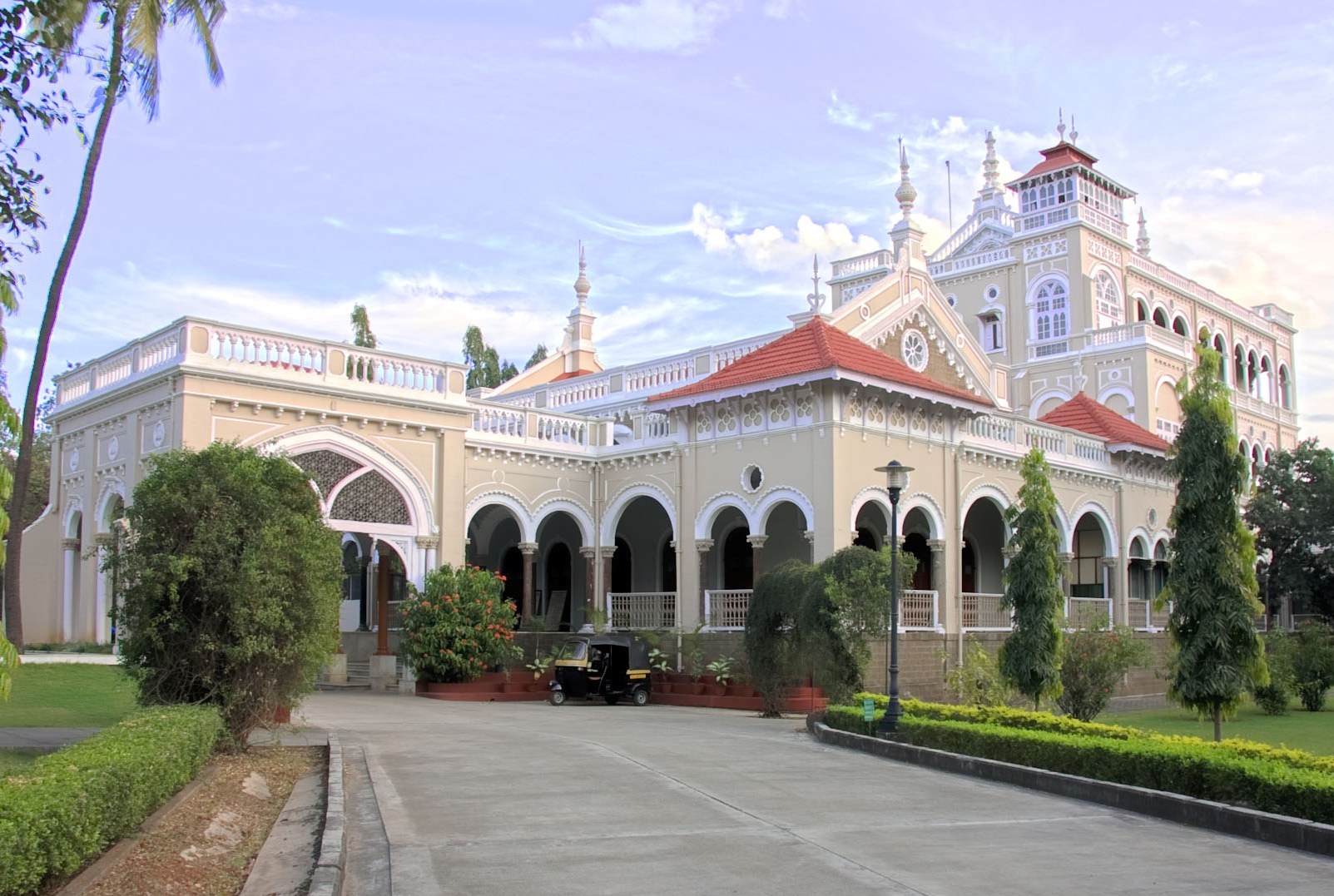India’s freedom struggle was not just a political movement—it was a powerful saga of courage, sacrifice, and unity that continues to inspire generations.
From the early revolts against colonial rule to the mass movements led by visionaries like Mahatma Gandhi, Subhas Chandra Bose, and Bhagat Singh, each chapter of this journey left behind places steeped in history.
Visiting these freedom landmarks India offers more than just sightseeing—it’s a way to walk the same paths as the heroes who fought for independence, to feel the weight of their struggles, and to connect with the soul of the nation.
In this guide to the Top 10 Iconic Freedom Landmarks of India You Must Visit, we explore destinations where history comes alive—sites that stand as timeless reminders of resilience, unity, and the price of freedom.
1. Red Fort, Delhi
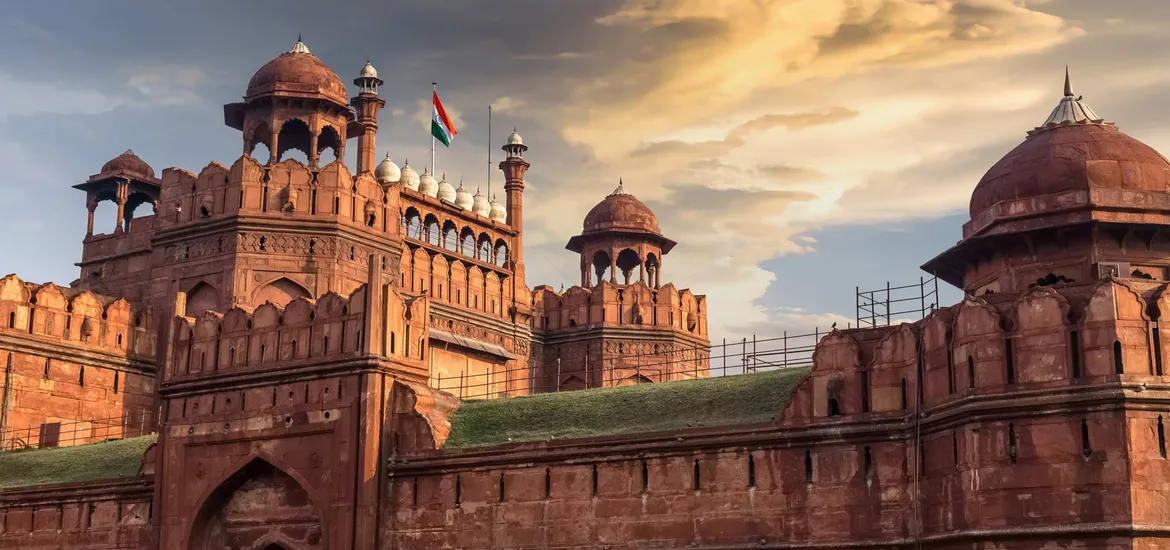
The Red Fort stands as a monumental reminder of India’s turbulent yet inspiring past. It was here that the Revolt of 1857—often called the First War of Independence—echoed through history, and later, on August 15, 1947, Jawaharlal Nehru unfurled the first national flag of independent India.
Beyond its historical weight, the fort is a masterpiece of Mughal architecture, with sprawling red sandstone walls, ornate halls, and lush gardens. It’s not just a monument—it’s a living emblem of freedom that draws millions each year.
Best time to visit: Independence Day is the most iconic, with the grand flag-hoisting ceremony and patriotic celebrations, though crowds are immense.
Visitor tip: Arrive early to skip the long queues. Tickets are available both online and at the gate, and exploring with a guide can deepen your understanding of its layered history.
Read more: Top 10 Places in Delhi – The Ultimate Travel Guide
2. Jallianwala Bagh, Amritsar
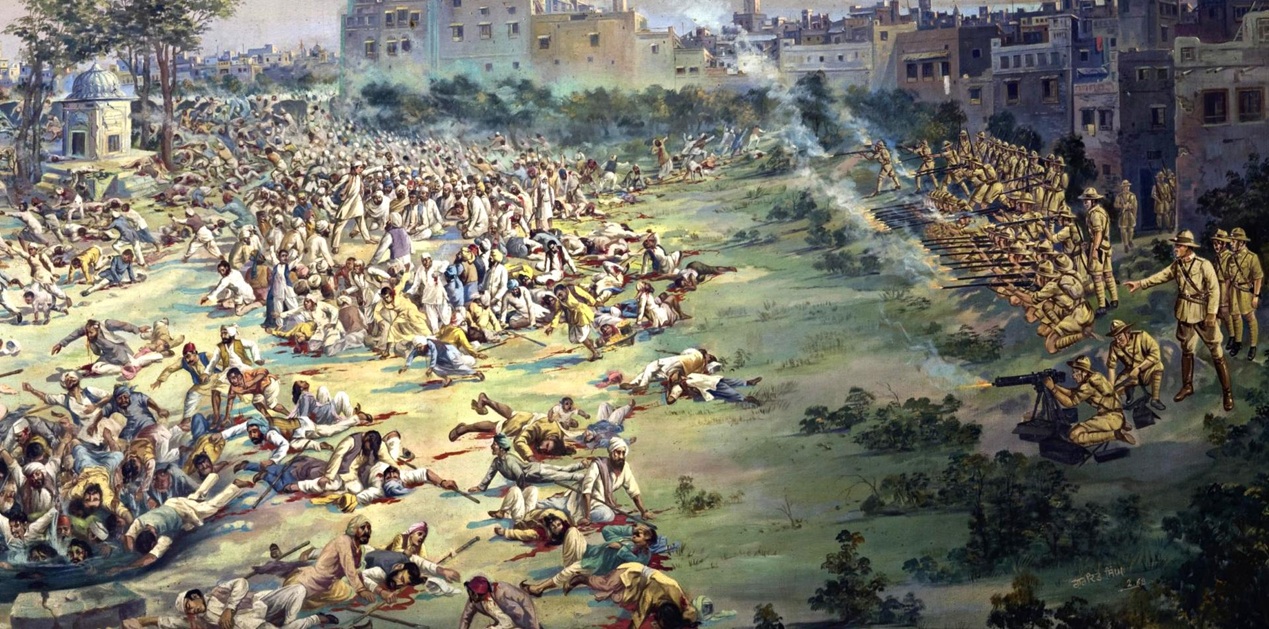
Jallianwala Bagh is etched into India’s memory as one of the most emotional freedom landmarks India has to offer.
It was here, in 1919, that hundreds of unarmed civilians were killed under British orders, marking a tragic turning point in the independence movement.
Today, visitors can still see the preserved bullet marks on the walls and the Martyrs’ Well, where many sought refuge during the firing. A solemn memorial stands in tribute to those who lost their lives.
Nearby attraction: The Golden Temple, just a short walk away, offers a spiritual complement to your visit.
Visiting hours: Open daily with free entry.
3. Cellular Jail (Kala Pani), Andaman and Nicobar Islands
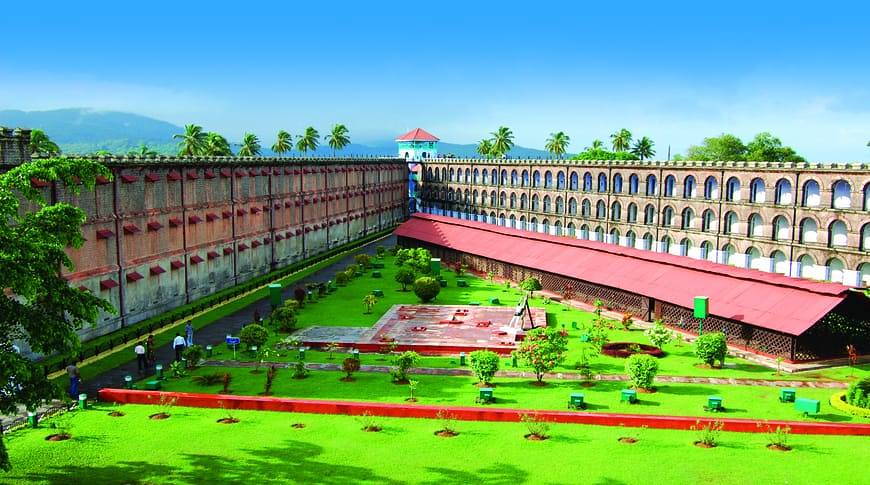
The Cellular Jail, or Kala Pani, stands as a haunting yet inspiring entry in the Top 10 Iconic Freedom Landmarks of India You Must Visit.
Built in the late 19th century, it was infamous for solitary confinement cells designed to crush the spirit of political prisoners. Notable revolutionaries like Veer Savarkar were imprisoned here.
Today, it serves as a national memorial, and the evening light-and-sound show vividly narrates the suffering and resilience of the inmates.
Travel tip: Book show tickets in advance, especially in peak season.
4. Sabarmati Ashram, Ahmedabad
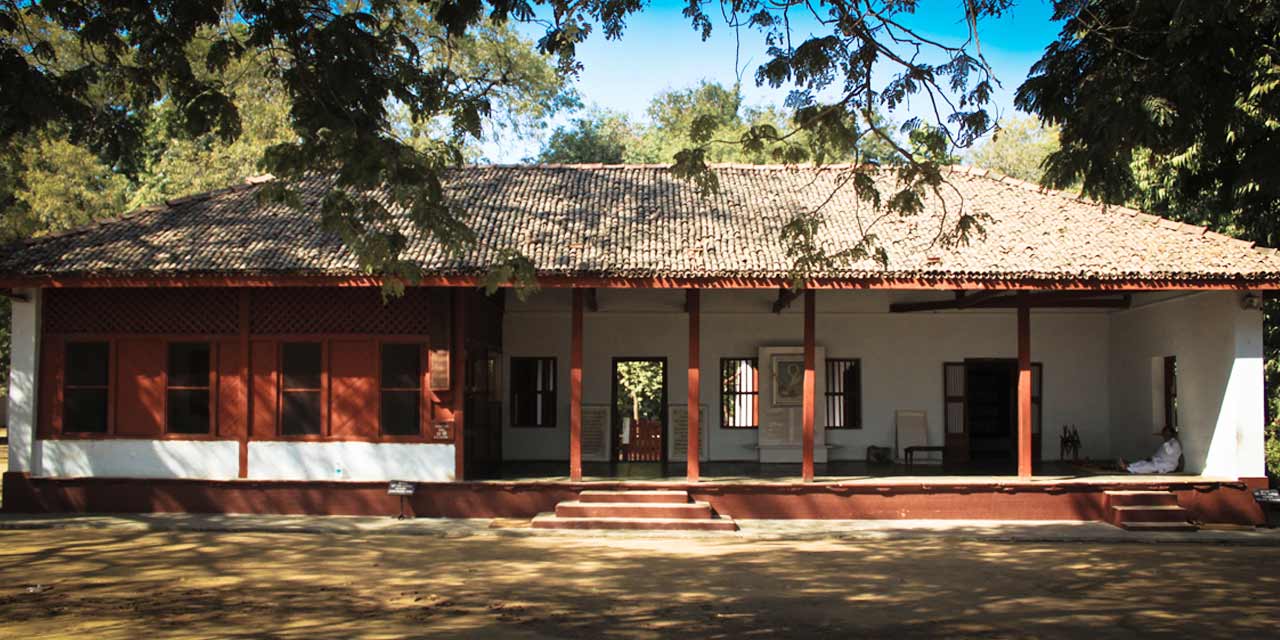
Sabarmati Ashram was Mahatma Gandhi’s home and the epicenter of the nonviolent struggle for independence. It was from here that Gandhi began the historic Dandi Salt March in 1930—a defining act in India’s fight for freedom.
Now a peaceful museum, it showcases rare photographs, letters, and artifacts tied to the freedom landmarks India heritage.
Tip: Entry is free; mornings and late afternoons are most serene.
5. Aga Khan Palace, Pune
Among the Top 10 Iconic Freedom Landmarks of India You Must Visit, Aga Khan Palace stands out for both beauty and history. Built in 1892, it became a detention site for Mahatma Gandhi during the Quit India Movement of 1942.
Here, Kasturba Gandhi and Mahadev Desai passed away, and their memorials remain on-site.
The palace houses galleries with photographs, letters, and belongings from the struggle. Its lush gardens offer a tranquil yet poignant experience.
6. Gateway of India, Mumbai
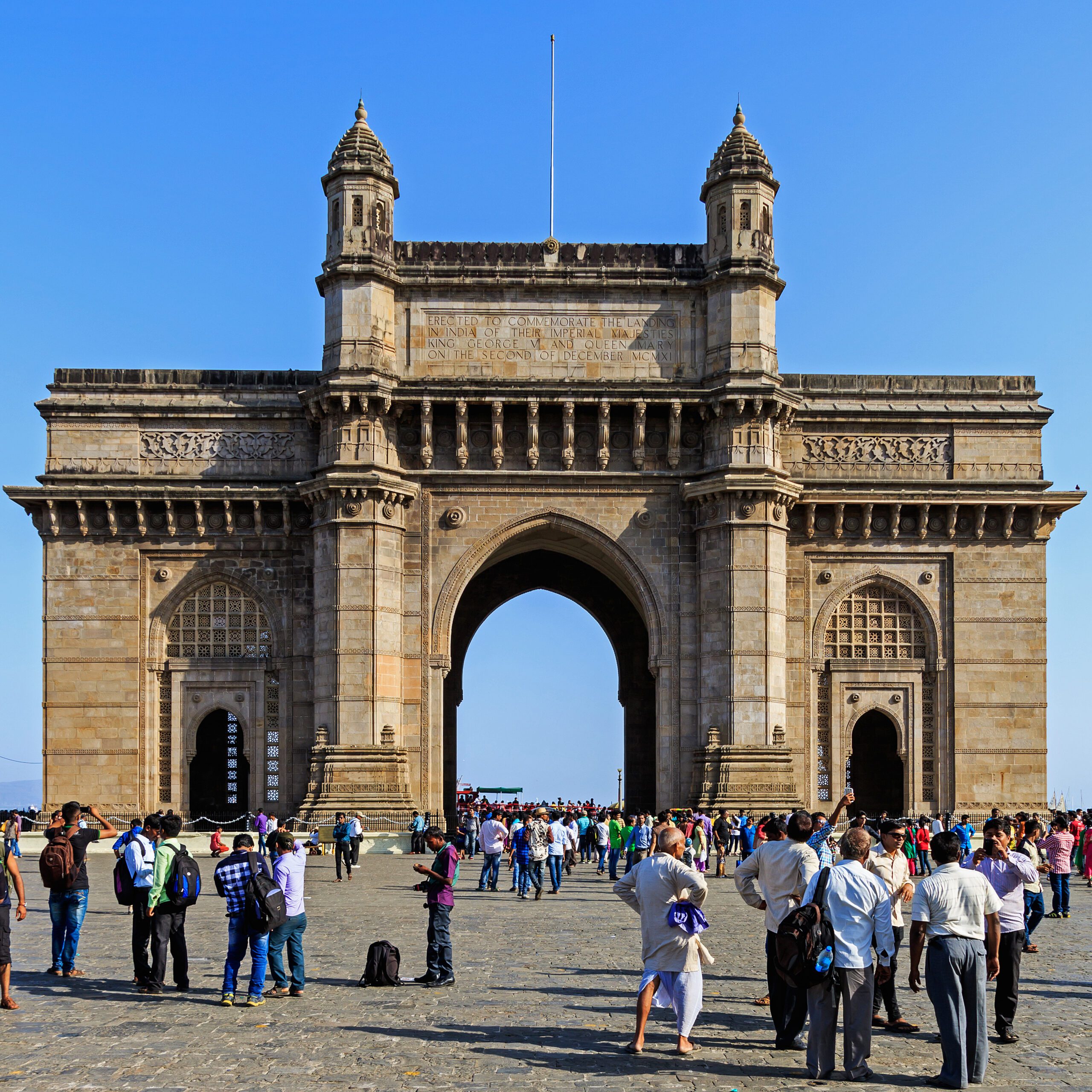
The Gateway of India is one of the most photographed freedom landmarks India treasures. Built in 1924, it marked a colonial visit but gained significance in 1948 as the symbolic departure point of British forces.
Visit at sunrise or sunset for the best views against the Arabian Sea backdrop.
7. Jhansi Fort, Jhansi
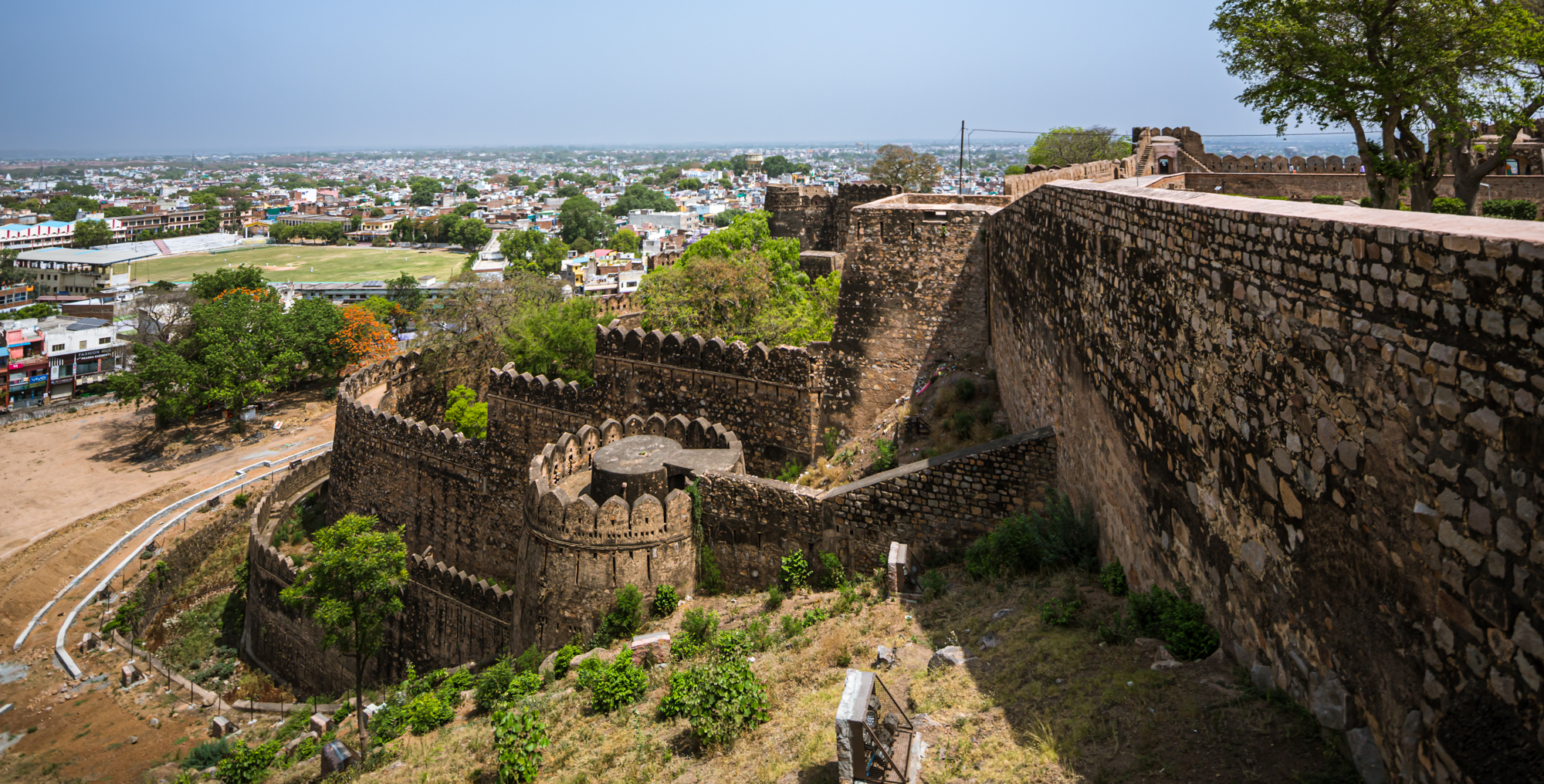
A timeless emblem of Rani Lakshmibai’s valor in the 1857 revolt, Jhansi Fort carries the echoes of India’s fight for freedom. Its mighty walls and battle-scarred ramparts make it a must-see in the Top 10 Iconic Freedom Landmarks of India You Must Visit.
Stroll through its grand bastions, discover secret passages, visit ancient temples, and take in sweeping views of Jhansi from its heights.
8. Lucknow Residency, Lucknow
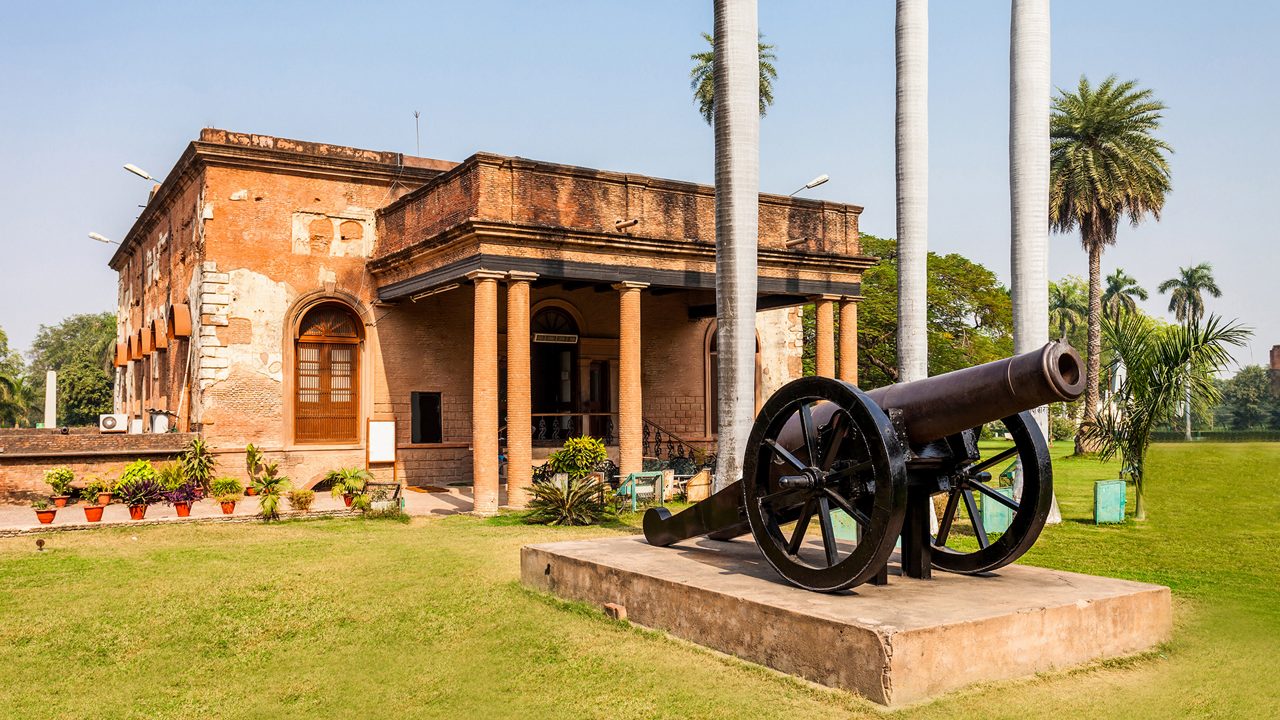
The Lucknow Residency bears witness to the 1857 siege—an intense chapter in India’s freedom history. Today, its ruins and museum preserve artifacts and stories from the First War of Independence.
This site is a must-see for those interested in the freedom landmarks India narrative
9. Netaji Bhawan, Kolkata
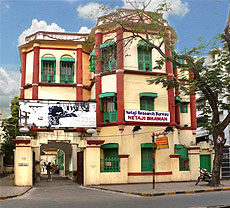
Once home to Subhas Chandra Bose, Netaji Bhawan is now a museum that tells his story—from his daring escape to his leadership of the Indian National Army. Artifacts, letters, and even his getaway car are preserved here.
It remains one of the most inspiring Top 10 Iconic Freedom Landmarks of India You Must Visit.
10. August Kranti Maidan (Gowalia Tank), Mumbai
August Kranti Maidan was the launchpad for the Quit India Movement in 1942, where Gandhi delivered his “Do or Die” speech. The memorial here commemorates the event that stirred nationwide protests.
A guided tour can offer deeper insight into this important entry among freedom landmarks India.
Additional Sites to Consider
- Gandhi Smriti, Delhi – Gandhi’s final residence and now a museum of peace.
- India Gate, Delhi – A war memorial that has evolved into a national symbol of unity
- Mangal Pandey Park, Barrackpore – Honoring the man whose rebellion ignited the First War of Independence.Read more: Mayurbhanj Tourist Place | History, Places, Mayurbhanj in India Map
Conclusion
Exploring the Top 10 Iconic Freedom Landmarks of India You Must Visit is more than a history lesson—it’s a journey into the courage, unity, and sacrifices that shaped modern India.
From Jallianwala Bagh’s somber grounds to the empowering ramparts of Jhansi Fort, each site in the freedom landmarks India collection tells a powerful story.
